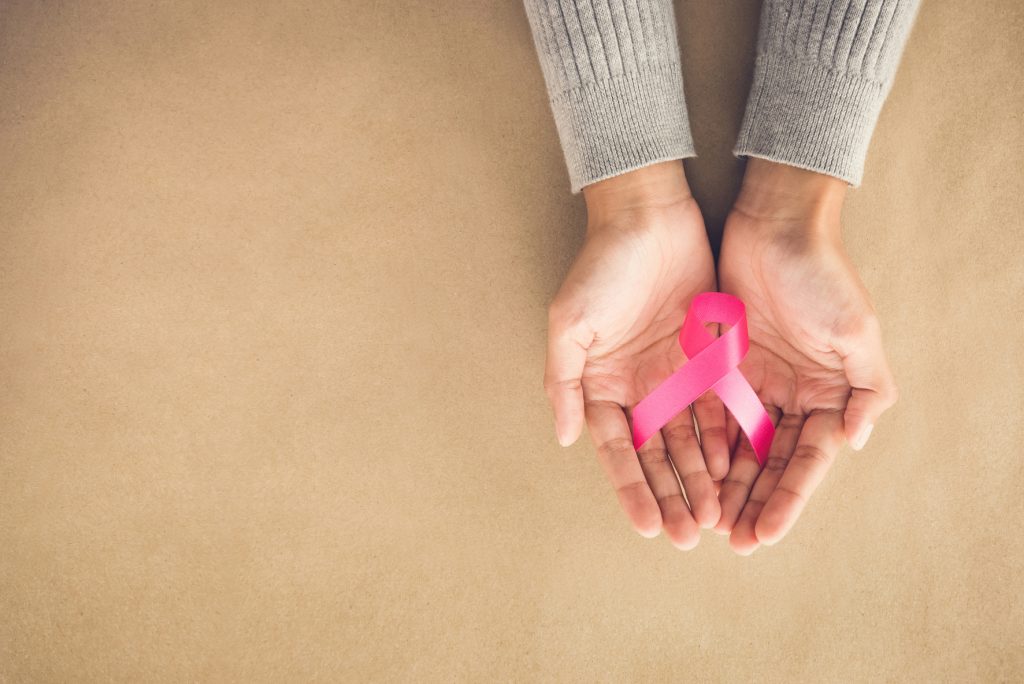
What every woman should know about breast cancer
For World Breast Cancer Day, we are reviewing early detection tests.
Despite being the most common cancer in women around the world, early detection and the latest therapies have dramatically increased survival and recovery rates.
On the occasion of World Breast Cancer Day (October 19), we compile the tests that we must know to prevent it and treat it in time.
8 breast cancer early detection tests
- Good habits. Only 5-10% of breast tumours are of genetic origin. Eating healthy, limiting alcohol and getting regular exercise are key to preventing it.
- Self-exploration. Check yourself once a month. Take a look in the mirror and see if there are any changes. Feel in circles with your fingers. Check for tight areas and check the condition of the nipple.
- Distinguish a lump.If it’s soft and it moves, it’s probably a fatty cyst. A malignant one is usually hard and is fixed on the skin. Even so, always consult a gynaecologist.
- Early diagnosis.Mammography is the most widely used technique for screening. From the age of 40, it is recommended every two years in order to find possible nodules and facilitate their treatment.
- MRI. This is used to detect the presence of tumours in very dense breasts. It improves the diagnosis of very fibrous breasts, which are difficult to locate.
- Liquid biopsy. If the mammogram or MRI warns of a possible tumour, this test confirms it. It only requires a blood sample and prevents the woman from having to undergo surgery.
- Breastmilk. Breast milk has been found to contain DNA from a breast tumour long before it becomes detectable. This diagnostic method is still being studied.
- Detector bra. A prototype of a smart bra has been developed that, using ultrasound, would detect breast tumours in the early stages.
Sources:
- Spanish Association Against Cancer (AECC).
- World Health Organisation (WHO).
- World Cancer Research Fund.
This post is also available in: Portuguese (Portugal)
